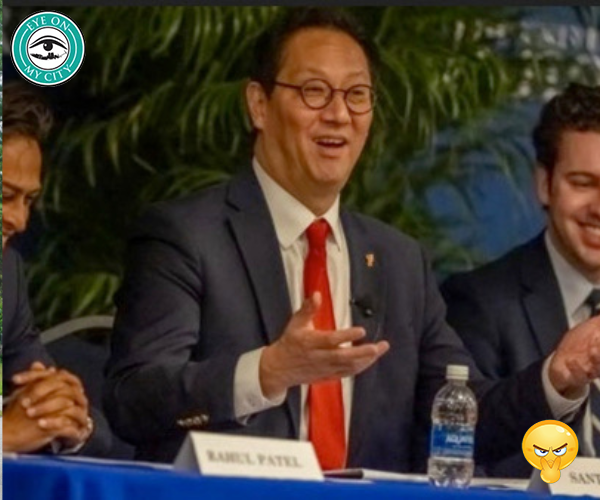
Diana Greene, superintendent of the government schools in Jacksonville, is continuing to build her reputation as a super salesman.
She was brought here nearly four years ago from Manatee County, where her accomplishment was to lead a drive to increase taxes.
She already has pushed through a 1/2-cent sales tax increase that is worth $93 million a year and will last 15 years.
Not content, she is urging a referendum on a one-mill increase in the property tax to produce another $82 million a year.
It didn’t take much for her to convince the liberal School Board but persuading the voters to shell out more may be more difficult.
The same voters already have been hit with a half-cent sales tax increase and their local gas tax has doubled, from 6 to 12 cents. This, as inflation rages.
As City Councilman Rory Diamond said, “When does it stop?”
Greene’s argument in favor of higher taxes, which mostly would go to hiking teacher salaries, is multifaceted.
One facet is that 20 other counties in Florida have increased taxes.
Of course, that means 47 counties have been frugal enough to avoid higher taxes: not a very persuasive argument.
Incidentally, the local district ranks about in the middle of all Florida districts in average teacher pay, according to the Florida Department of Education.
Greene claims that there are a “record” number of vacancies among teachers, suggesting that teachers are leaving in droves because of the low pay.
Virtually every school system in the nation is experiencing a large number of vacancies, primarily because of the Red Chinese virus.
The Florida Legislature recently increased the pay of starting teachers. There was no compelling reason to do so, other than vote-seeking. It is the job of local school boards to set teacher salaries, not the legislature.
The predictable result is what we see now. Greene wants to use that increase to ratchet up the pay for veteran teachers.
Greene produced a number of brightly colored charts and graphs showing that government schools in Jacksonville have fewer experienced teachers in the schools that need them the most.
Naturally, Eye on Jacksonville asked why she didn’t assign more of those teachers to where they are needed. We await the answer.
Greene avoided saying directly that the extra money diverted from families to the schools would produce better educated children. There is no evidence to support that claim, although liberals often state it as a fact.
It is also somewhat amusing that Greene would use the fact some local schools have dismal grades as an argument for paying teachers more. Schools – and teacher unions – fight hard to avoid any kind of accountability and have hated the system of grading schools. Now they find it useful.
They also have always opposed merit pay – the system used almost everywhere else people are employed. With this system, good teachers would be paid more, and the public probably would not be opposed.
What many do oppose is paying higher salaries to the few who don’t cut the mustard.
With fewer students than they had four years ago, the schools should be able to manage a temporary shortage of teachers with slightly larger class sizes. The higher salaries already in place should attract new teachers and the more experienced teachers should be posted in schools that need such experience.
The final call is up to the electorate, but voting produces better results when it is based on facts, not emotion.











